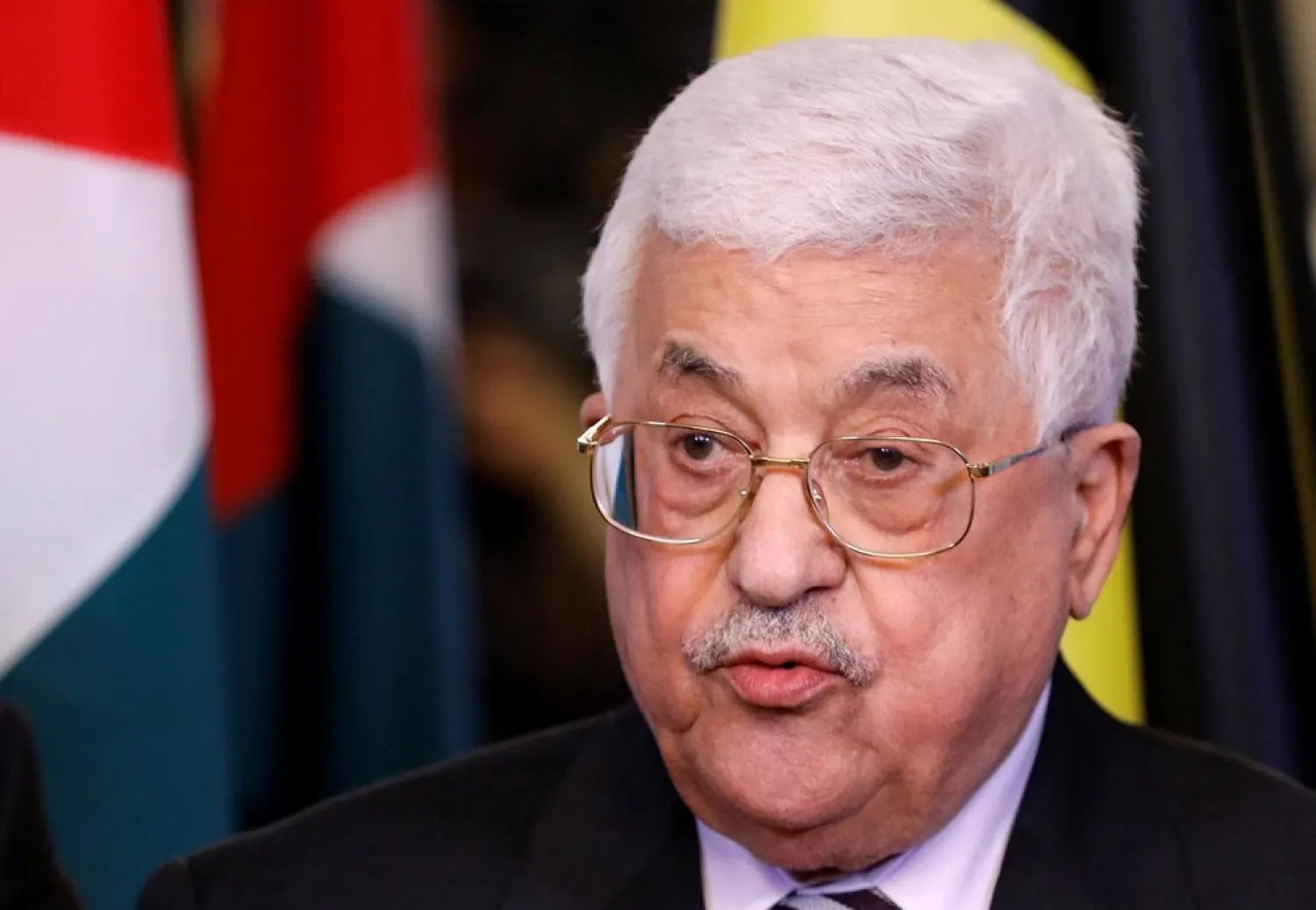Palestinian Authority (PA) President Mahmoud Abbas decided to grant the "Jerusalem Medal of Courage" to the three prisoners, who died as they went on a hunger strike in Nafha Prison 38 years ago.
This move came as clear defiance of Israel's decision to deduct the equivalent of the salaries paid to the families of prisoners from the money it pays to the PA.
Secretary General of Fatah Movement’s Central Committee Jibril Rajoub said Wednesday that the president's coincided with the 38th anniversary of the 33-day historic hunger strike by 68 prisoners at Nafha Prison.
The strike ended with the death of Ali al-Jaafari, Rasim Halaweh and Isaac Maragha, while several inmates were wounded.
“This medal honors the courage of the martyrs and their heroic actions in defending their rights and struggle for freedom and the freedom of their people," Rajoub added.
He stressed that the medal does not only honor their families, but also the whole prisoner movement, including those who are still in Israeli jails and others who have been released.
This medal is one of the highest honors given to the military and civilians who display great courage.
Abbas's decision, which is expected to provoke Israel, came a week after Israel enacted a law to financially penalize the PA for paying stipends to “terrorists” jailed in Israel and their families.
Lawmakers voted 87-15 in favor of the legislation that orders Israel to withhold part of the roughly $130 million in tax revenues that Israel collects on behalf of the Palestinians each month under interim peace agreements.
Israeli Defense Minister Avigdor Lieberman later announced the establishment of a body to cut funding for the allocation of Palestinian prisoners and to track PA payments to convicted prisoners and their families.
The body, known as the National Office for Combating the Financing of Terrorism, will be charged with enacting a new law that will reduce the equivalent amount of tax revenue collected by Israel for the PA.









